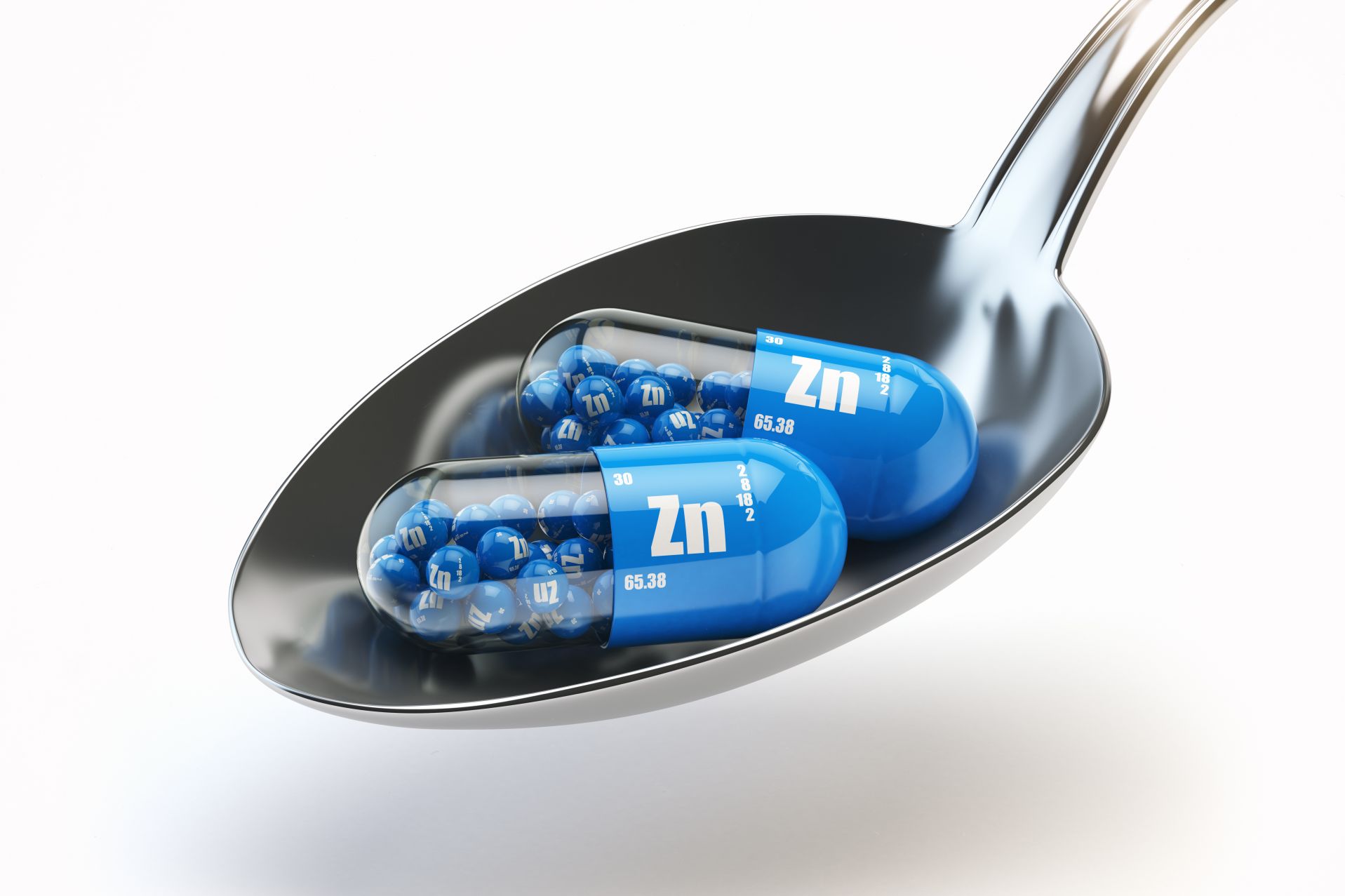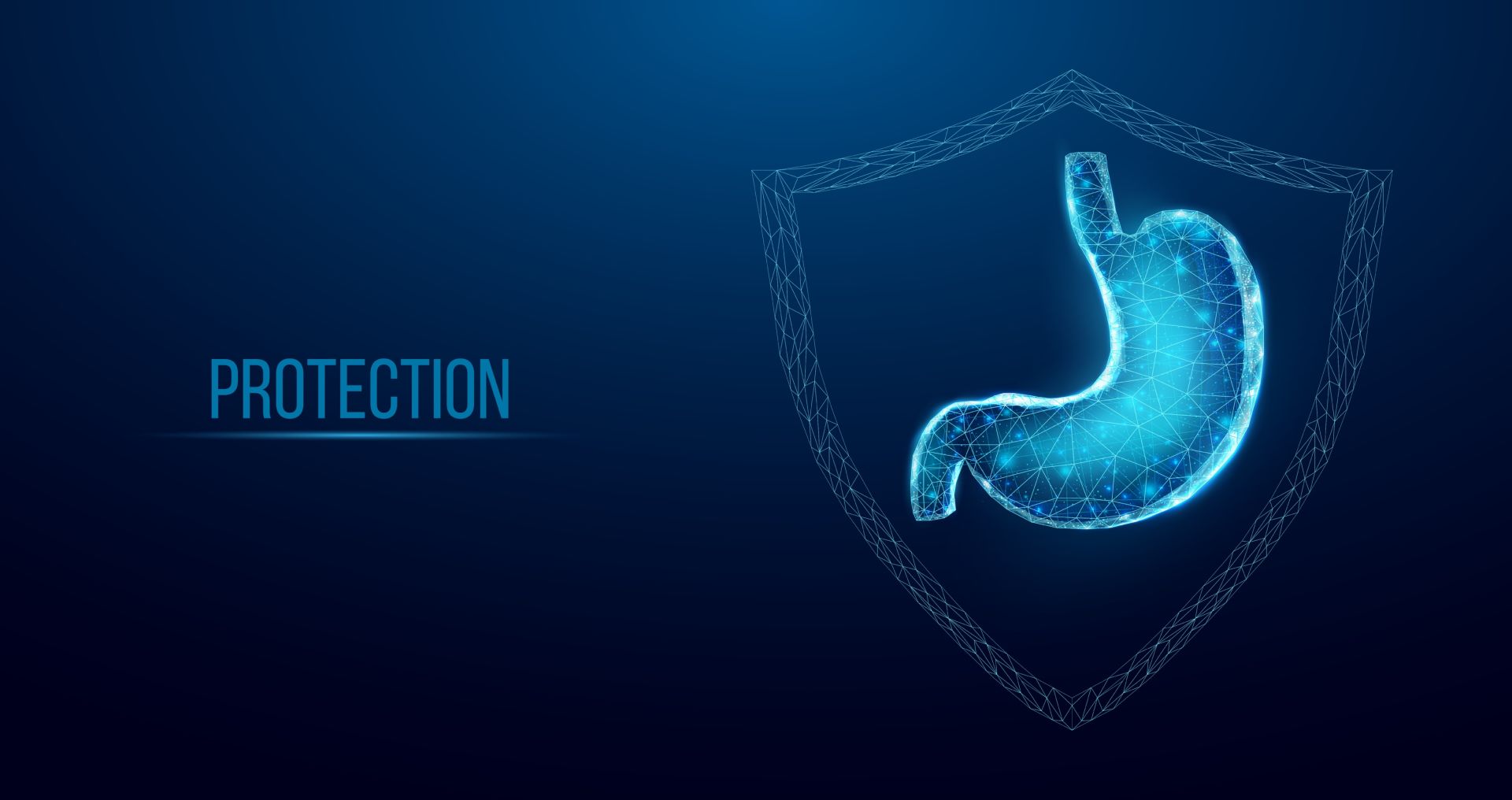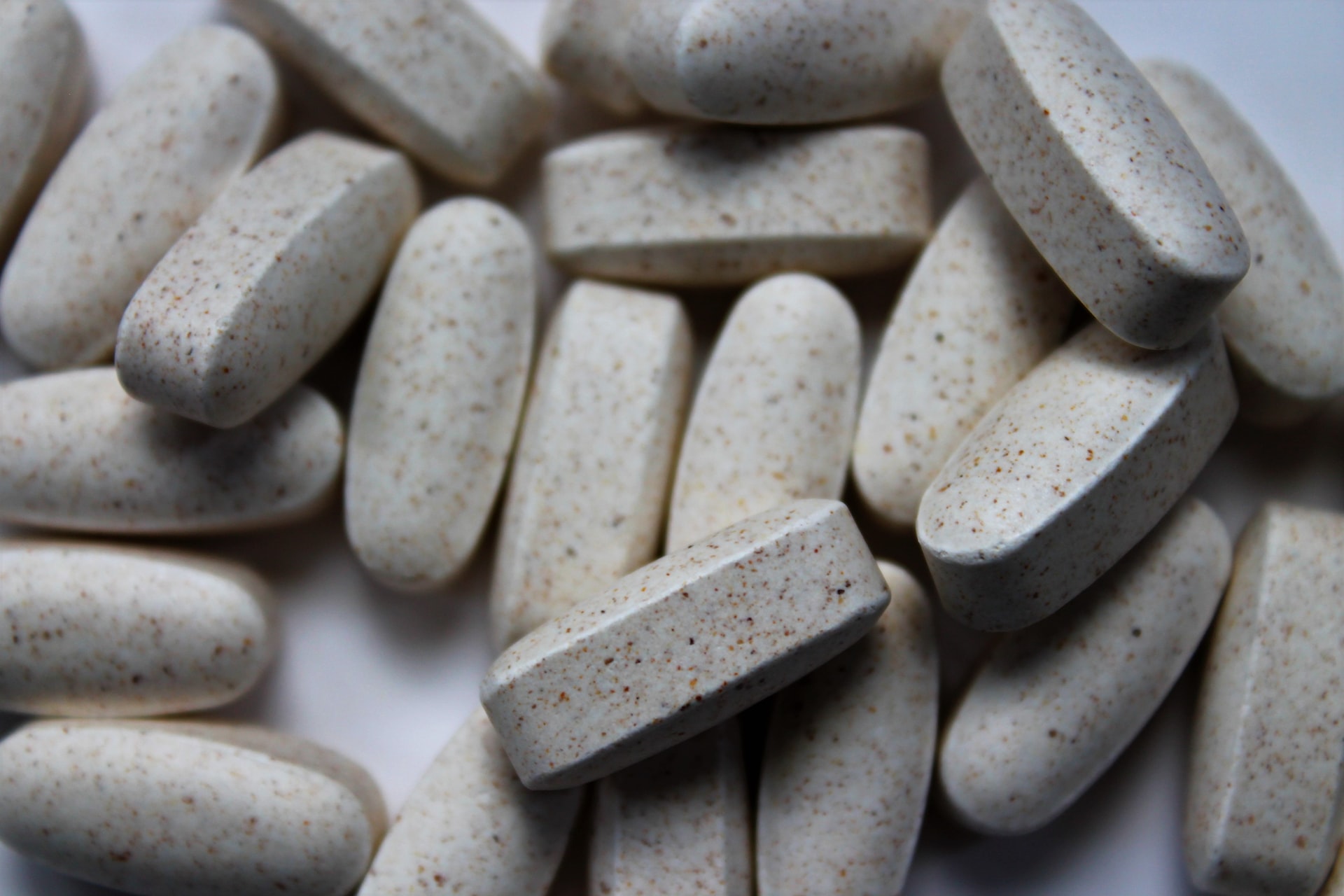heading_title

We often supplement zinc without even particularly paying attention to its form. And the truth is that this form does matter. And it's not just about bioavailability, but also about the package of effects you can expect. Zinc carnosate is the form that rises above the ranks of ordinary zinc, as it has an outstanding effect on the state of the digestive tract and the mucous membranes lining it.
- Zinc L-Carnosine - a unique zinc chelate with medical applications
- What sets zinc carnosate apart?
- Dosage of supplements with Zinc L-Carnosine**.
Zinc L-Carnosine - a unique zinc chelate with medical applications
ZincCarnosate(Zinc L-Carnosine) is also known as Polaprezinc in the literature. This form of zinc is approved as a mucosal protective drug used to treat stomach ulcers in Japan. At the same time, it is the only drug that is based on zinc in a starring role. The potential of this form of zinc is also noted by US medics. It has an unusually large number of studies analyzing its effectiveness for mucosal regeneration.
To begin with, let's see what the different parts of the zinc carnosate molecule are characterized by.
Zinc - an essential element that regulates the work of many enzymes (about 300 different ones in total). It also controls those enzymes that are involved in regenerative processes, such as cell proliferation. Because of this, it is very necessary for maintaining the efficiency of wound healing in the skin, but also in our internal tissue linings, such as the epithelium of the mouth, esophagus, stomach and intestines. Zinc deficiency leads to skin defects and taste disorders, among other things.
L-Carnosine - a dipeptide composed of beta-alanine and l-histidine. It is mainly stored in muscle tissue. It has been shown to play a protective role in wound healing, immune regulation, and diabetes control. This is thought to be due to its buffering and antioxidant function.
The combination of these two substances into a single molecule may provide better benefits than either of them alone. The reason is that carnosine increases zinc absorption because of its good solubility. It is also significant that the delivery of zinc to target tissues takes place in an extended mode, over a longer period of time.

What sets zinc carnosate apart?
First of all, the quantity and quality of scientific evidence in terms of its effects on the gastrointestinal tract. There are many publications available in medical databases presenting the results of studies with zinc carnosate, both preclinical studies on animals and cell lines, as well as clinical studies on humans. The most common research topic is the effect of this form of zinc on the protection and regeneration of gastrointestinal mucous membranes during oncology treatment, among others. Additional topics include the effects of Zinc L-Carnosine on disorders of the sense of taste, liver health and skin wound regeneration.
In the dietary supplement market, Zinc L-Carnosine conjugated zinc is not a standard form. Rather, it is a zinc for special tasks. For general dietary zinc supplementation, we tend to use standard, more economical forms such as zinc diglycinate, lactate, zinc picolinate, while when solid support for the stomach or intestines is needed, then we turn to Zinc L-Carnosine.
In the medical world, Zinc L-Carnosine is used to reduce the risk of damage that can be caused by cancer therapies: radio and chemotherapy. Damage to mucous membranes and the formation of ulcers is one of the most common and very annoying side effects of these treatments. Doctors in the U.S. and Japan, among others, recommend that their patients take zinc carnosate during treatment to increase mucosal protection. Thus, polaprezinc is used either in the form of classic pills or in mouthwash. Sometimes a form of lozenges is also used.
Dosage of supplements with Zinc L-Carnosine**.
In practice, a standard serving is 75 mg of the complex, which provides 16 mg of zinc ions. Sometimes two such servings per day are used, and a daily dose of 150 mg has often been used in clinical trials. Dosages of 50 and 100 mg twice a day have also been frequently tested.
Sources:
-
Hewlings S, Kalman D. A Review of Zinc-L-Carnosine and Its Positive Effects on Oral Mucositis, Taste Disorders, and Gastrointestinal Disorders. Nutrients. 2020;12(3):665. Published 2020 Feb 29. doi:10.3390/nu12030665
-
Takei M. Yakugaku Zasshi. 2012;132(3):271-277. doi:10.1248/yakushi.132.271
-
Ooi TC, Chan KM, Sharif R. Antioxidant, Anti-inflammatory, and Genomic Stability Enhancement Effects of Zinc l-carnosine: A Potential Cancer Chemopreventive Agent? Nutr Cancer. 2017;69(2):201-210. doi:10.1080/01635581.2017.1265132
 ⮜ Previous article
⮜ Previous article
Zinc deficiency - what are the symptoms?
 Next article ⮞
Next article ⮞